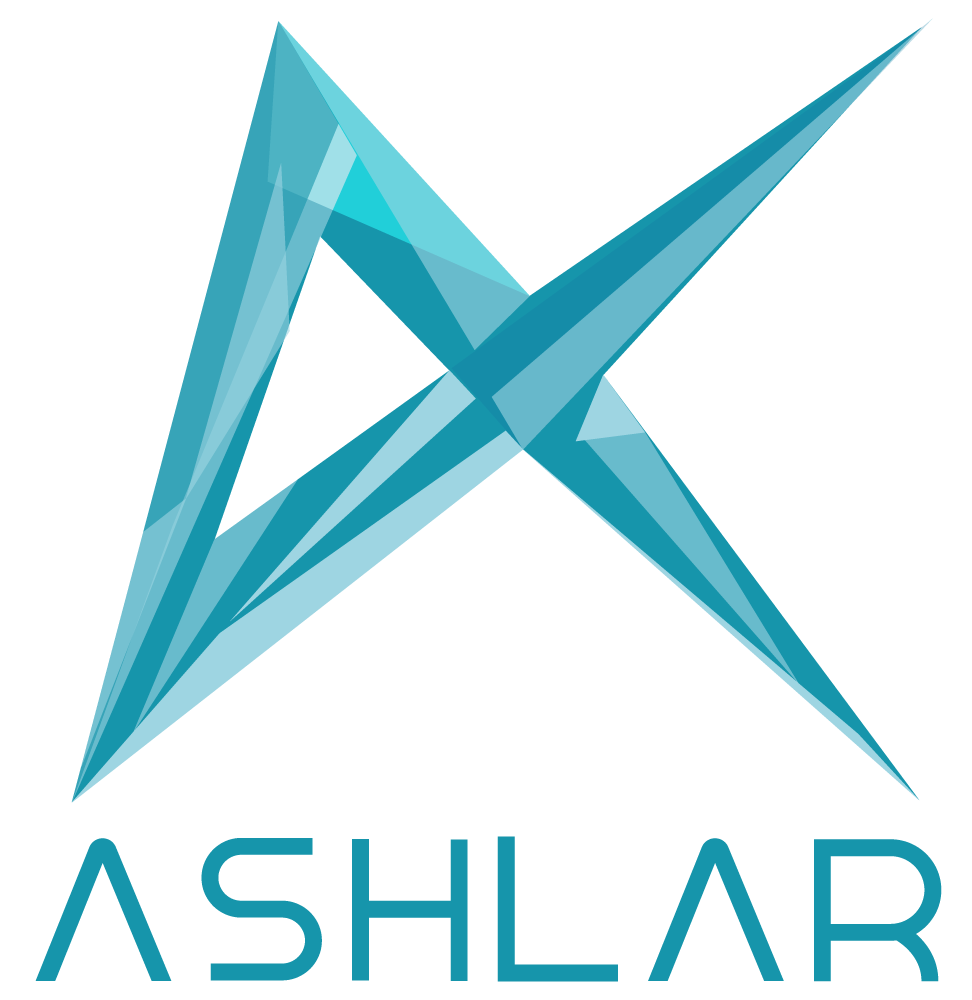Robotic Process Automation (RPA) in 2025: How It’s Transforming Business Operations

Is we move deeper into the digital age, Robotic Process Automation (RPA) is proving to be more than a tech buzzword—it’s becoming a cornerstone of business automation. In 2025, RPA is not just about automating repetitive tasks; it’s about transforming how entire organizations operate.
With the growing need for agility, scalability, and cost-efficiency, companies are turning to automation solutions to streamline workflows, improve productivity, and enhance decision-making. If your business hasn’t yet embraced RPA, now is the time to understand its potential and unlock the strategic advantages it offers.
In this comprehensive guide, we’ll explore how RPA in 2025 is shaping the future of business, the industries benefiting the most, and how RPA consulting services—like those from Ashlar—can help your company scale with confidence.
What is Robotic Process Automation (RPA)?

Robotic Process Automation (RPA) is the technology that uses software bots to mimic human actions in digital systems. These bots can log into applications, enter data, process transactions, respond to queries, and much more—without human intervention.
Unlike traditional automation, which often requires extensive coding and system integration, RPA is low-code or even no-code, making it accessible to a wide range of businesses.
Key Features of RPA
- Rule-based automation
- No disruption to existing IT infrastructure
- Scalable across departments and processes
- Integrates with AI/ML for intelligent automation To learn how this technology can benefit your business, check out Ashlar’s RPA Services.
Top RPA Benefits for Businesses in 2025
1. Increased Efficiency
- Bots can work 24/7 without breaks, ensuring that tasks like invoicing, payroll, and data entry are completed faster and more accurately.
2. Cost Savings
- By replacing manual, repetitive work with automated workflows, companies can significantly reduce labor costs and operational overhead.
3. Enhanced Accuracy
- Human errors in data entry and processing can be costly. RPA minimizes these risks by ensuring precision in every operation.
4. Better Compliance
RPA bots follow defined rules, making it easier to track actions and generate audit trails—critical for industries like finance and healthcare.
5. Scalability
Need to scale your operations without hiring more staff? Bots can be deployed instantly to handle increased workload without compromising quality.
6. Improved Employee Satisfaction
By automating tedious tasks, RPA frees up employees to focus on strategic, creative, and decision-making work.
Industries Benefiting from RPA in 2025
✅ Banking & Finance
- Automating customer onboarding
- Loan processing and KYC
- Fraud detection and risk compliance
✅ Healthcare
- Patient data management
- Insurance claims processing
- Appointment scheduling
✅ Retail & E-Commerce
- Order fulfillment and inventory updates
- Price optimization and returns processing
- Customer support via chatbots and ticket routing
✅ Manufacturing
- Supply chain tracking
- Inventory and invoice automation
- Production line reporting
✅ Telecommunications
- Service provisioning
- Customer account management
- Network diagnostics
If you operate in any of these sectors, Ashlar’s RPA consulting services can help you implement solutions tailored to your operational needs.
RPA and Intelligent Automation: A Powerful Pair

While RPA is powerful on its own, combining it with AI/ML development creates intelligent automation—the ability for bots to learn, adapt, and make decisions based on data
For example:
- Chatbots can use NLP (natural language processing) to understand customer queries.
- Machine learning models can identify exceptions in data and guide bots to take action.
- Predictive analytics can be layered on top of automated processes to drive smarter business decisions.
Explore Ashlar’s capabilities in AI & Machine Learning development to complement your RPA strategy.
Key RPA Trends to Watch in 2025
📌 Hyper automation
A term coined by Gartner, hyper automation involves automating everything possible using a combination of RPA, AI, and other advanced technologies. This trend is gaining momentum as companies aim to build autonomous processes.
📌 Cloud-Native RPA
More businesses are moving their automation infrastructure to the cloud, enabling better scalability, security, and integration with SaaS applications.
📌 Citizen Development
Non-technical staff are now empowered to build simple RPA workflows using drag-and-drop tools. This democratization of automation is accelerating adoption.
📌 Process Mining
Before automating a process, it’s crucial to understand it fully. Process mining tools help map workflows and identify inefficiencies—essential for effective RPA implementation.
📌 RPA as a Service (RPAaaS)
With more RPA vendors offering cloud-based solutions, businesses can now subscribe to RPA platforms on-demand, reducing upfront costs.
Ashlar stays ahead of these trends to offer future-ready RPA solutions that scale with your business.
How to Implement RPA in Your Business
1. Identify Automation Opportunities
Start with processes that are repetitive, rules-based, and high volume. Think: invoicing, employee onboarding, or report generation.
2. Set Clear Objectives
Define what you want to achieve—reduced turnaround time, cost savings, or improved accuracy.
3. Choose the Right Tools
Select an RPA platform that integrates with your existing systems. Ashlar supports leading platforms like UiPath, Automation Anywhere, and Blue Prism.
4. Start with a Pilot Project
Test your RPA solution on a small process before scaling across departments.
5. Monitor and Optimize
Track the performance of your bots, measure KPIs, and optimize continuously for better ROI.
Ashlar’s end-to-end RPA consulting ensures that you implement the right solution the first time—and evolve it as your needs grow.
Why Choose Ashlar for RPA Consulting in 2025
Ashlar brings deep expertise in automation solutions, with a focus on measurable business results. Our RPA services include:
- Process evaluation and selection
- Custom bot development
- Integration with legacy systems and cloud applications
- Intelligent automation using AI & ML
- Ongoing support and performance optimization
We’ve helped businesses across the globe leverage Robotic Process Automation (RPA) to reduce costs, scale operations, and drive innovation.
Whether you’re just starting out or scaling an existing RPA program, Ashlar can be your trusted automation partner.
Final Thoughts
Robotic Process Automation (RPA) is no longer just a trend—it’s a business imperative. In 2025, organizations that integrate RPA into their operations will outperform their competitors in agility, efficiency, and customer satisfaction.
With the right strategy and guidance from trusted partners like Ashlar, you can unlock the full potential of business automation and position your company for long-term success.
Ready to automate your business processes?
Explore Ashlar’s RPA Consulting Services and start building your intelligent enterprise today.









